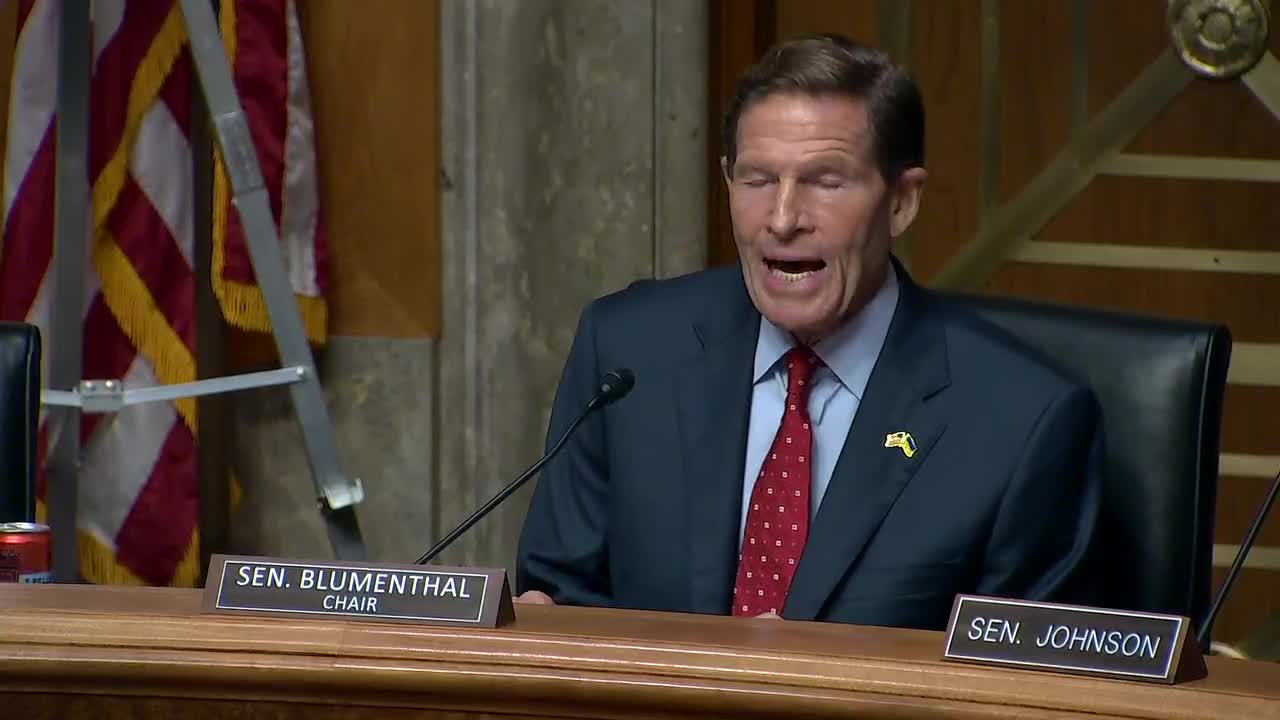FAA Faces Scrutiny Over Boeing's Ongoing Safety Failures
September 25, 2024 | Homeland Security and Governmental Affairs: Senate Committee, Standing Committees - House & Senate, Congressional Hearings Compilation
This article was created by AI summarizing key points discussed. AI makes mistakes, so for full details and context, please refer to the video of the full meeting. Please report any errors so we can fix them. Report an error »

In a recent government hearing, troubling revelations emerged regarding the Federal Aviation Administration's (FAA) oversight of Boeing, particularly in light of ongoing safety concerns following the crashes of the 737 MAX. The subcommittee's inquiry, initiated eight months ago after whistleblower allegations, has highlighted significant flaws in Boeing's safety culture, which many believe prioritizes production speed and profits over quality and safety.
The hearing, the third in this ongoing investigation, unveiled a new memorandum detailing alarming practices still prevalent at Boeing. A survey conducted by Boeing itself indicated that one in three employees felt pressured to lower safety standards due to schedule constraints. This finding raises serious concerns about the company's commitment to safety, especially after a door plug incident in January that underscored potential systemic issues.
The FAA's recent audit revealed over 100 instances of noncompliance with federal regulations and Boeing's internal procedures. Key findings included inadequate employee training and a troubling practice where employees were allowed to inspect their own work, creating a conflict of interest. These deficiencies echo the issues that contributed to the tragic crashes of 2018 and 2019, suggesting that little has changed in Boeing's operational practices since then.
Despite the FAA's swift response to the recent door plug incident, critics argue that more substantial reforms are necessary. The agency has mandated Boeing to implement a safety management system within three years, a requirement that had been agreed upon nearly a decade ago. The subcommittee emphasized that without a genuine cultural shift prioritizing safety over profits, Boeing's future remains precarious.
As the FAA continues to grapple with its oversight responsibilities, the need for rigorous scrutiny of Boeing's safety practices has never been more critical. The findings from the hearing serve as a stark reminder of the ongoing challenges facing the aviation industry and the imperative for regulatory bodies to ensure that safety is not compromised in the pursuit of efficiency.
The hearing, the third in this ongoing investigation, unveiled a new memorandum detailing alarming practices still prevalent at Boeing. A survey conducted by Boeing itself indicated that one in three employees felt pressured to lower safety standards due to schedule constraints. This finding raises serious concerns about the company's commitment to safety, especially after a door plug incident in January that underscored potential systemic issues.
The FAA's recent audit revealed over 100 instances of noncompliance with federal regulations and Boeing's internal procedures. Key findings included inadequate employee training and a troubling practice where employees were allowed to inspect their own work, creating a conflict of interest. These deficiencies echo the issues that contributed to the tragic crashes of 2018 and 2019, suggesting that little has changed in Boeing's operational practices since then.
Despite the FAA's swift response to the recent door plug incident, critics argue that more substantial reforms are necessary. The agency has mandated Boeing to implement a safety management system within three years, a requirement that had been agreed upon nearly a decade ago. The subcommittee emphasized that without a genuine cultural shift prioritizing safety over profits, Boeing's future remains precarious.
As the FAA continues to grapple with its oversight responsibilities, the need for rigorous scrutiny of Boeing's safety practices has never been more critical. The findings from the hearing serve as a stark reminder of the ongoing challenges facing the aviation industry and the imperative for regulatory bodies to ensure that safety is not compromised in the pursuit of efficiency.
View full meeting
This article is based on a recent meeting—watch the full video and explore the complete transcript for deeper insights into the discussion.
View full meeting